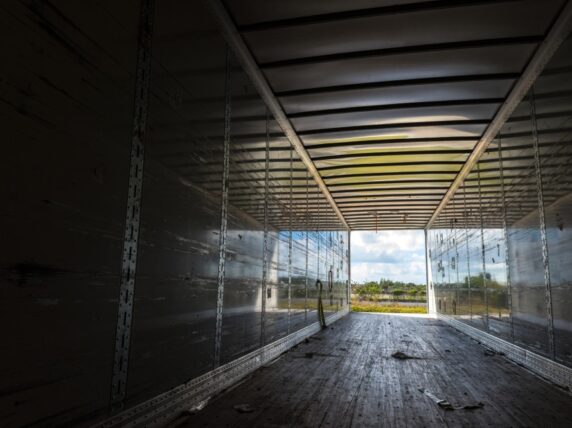How do we harness uncertainty for positive change?
It’s an understatement that we’re living in uncertain times. So how do we harness insecurity and disruption to help the most vulnerable?
We need to maintain a focus on today while looking at what is possible in the future.
At Bond, we are using an approach called “the three horizons” to help us do this, brilliantly described in Bill Sharpe’s short book Patterning of Hope. Change happens in waves. There are always patterns of growth and decline – sometimes fast, sometimes slow.
To manage uncertainty, we need to see patterns across the three distinct horizons we are confronted with: what is happening right now, what is coming down the line to shape the future, and the transition between the two.
As part of this approach, we’re talking to Bond members and sector leaders to identify what the future should look like for the UK international development sector.
Current state of play: horizon 1
The first horizon is the current way of doing things – often called the “managerial” horizon. It includes what we rely on to get things done. We focus our management and resource time here, so those dominate our mindset.
To understand this horizon for the UK international development sector, we’re asking: “what assumptions underpin what makes us successful today?” From conversations we’ve been having, leaders from the UK have a fairly consistent view. Our current success is based on:
- a well-resourced aid budget
- an independent department skilled and able to spend aid effectively
- strong established INGOs with programmatic and technical expertise
- a good international reputation for the UK
- a stable democratic system and an open civil society
- a global mindset and strong institutions
- an evidence-based approach to advocacy and implementation
- a strong base of supporters who value and sustain our efforts.
Quite a few of these are looking shaky, right? So the next question is which of these assumptions are at risk and which matters most. Most agree that right now 0.7% GNI spending commitment isn’t under threat, but how and who spends it is under threat (more on this in our recent podcast). There are no guarantees that we will maintain a completely independent Department for International Development (DFID) and our traditional funding sources are declining.
The UK’s current internal preoccupation is undermining our international reputation. To remain relevant, we need to identify and hold onto the assumptions that are the essence of the UK sector’s success. Those are less easy to agree on. What would you say?
Subscribe to our newsletter
Our weekly email newsletter, Network News, is an indispensable weekly digest of the latest updates on funding, jobs, resources, news and learning opportunities in the international development sector.
Get Network NewsA transformed future: horizon 3
But dealing with uncertainty can’t just be about defending what we have – we need to step forward and decide what is needed for a better world.
The third horizon is the future system, which includes new ways of living and working that fit better with emerging needs.
This horizon is transformative and aligns to a visionary mindset. Here we ask what trends are shaping what comes next, and “what do we want a successful UK development sector to look like in 2030?”
There are many trends shaping our world and many possible third horizons, from a fourth industrial revolution, to environmental degradation, to increased fragility and conflict, to new development actors shaping markets. The question is what does the sector need to look like to respond to these trends in their many permutations?
My initial conversations with leaders have highlighted a focus on qualities and structures of the UK humanitarian and development sector, suggesting a world where the various trends have played out to benefit developing countries and people living in poverty. Here are some of their visions:
- Real decentralisation of power, including management and financing, where NGOs support rather than lead on local and initiatives. Sustainability and exit strategies would be at the heart of projects.
- Greater use of technology and data, particularly to support action for the most remote and vulnerable communities.
- A more transparent sector, open to challenges and able to have robust conversations around the complexities of development with the UK public.
- Greater synergies with other development actors, looking beyond aid at tax justice, trade and economic models.
- Solidarity and collaboration around big issues to 2030, with sustainability, people and planet co-existing as the organising principle.
- Flexible financing mechanisms and perhaps a move towards social enterprise.
These are just some starting needs and might not be what you think are important. We probably need to be more radical if we want to achieve the level of change needed. But these ideas bring the third horizon more into focus and allow us to start charting a path towards the version that we want.
Transition: horizon 2
The second horizon is the transition zone, where responses to the short comings in the first horizon and the opportunities presented in the third come into play. It is entrepreneurial and often a bit messy. Our discussions around this horizon are a work in progress, so watch this space.
In dynamic times, we need to keep all three horizons in view. At Bond, we are exploring what that looks like for the sector and for ourselves, so we can help our members deal with uncertainty. This conversation is critical to the future of international development in the UK. We welcome your thoughts and ideas, so let us know if you want to get involved or take our survey.




